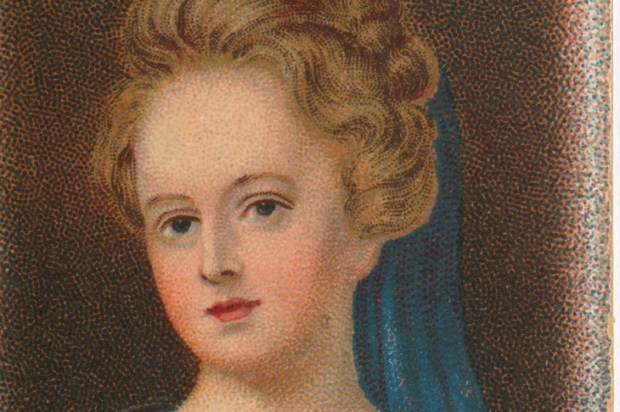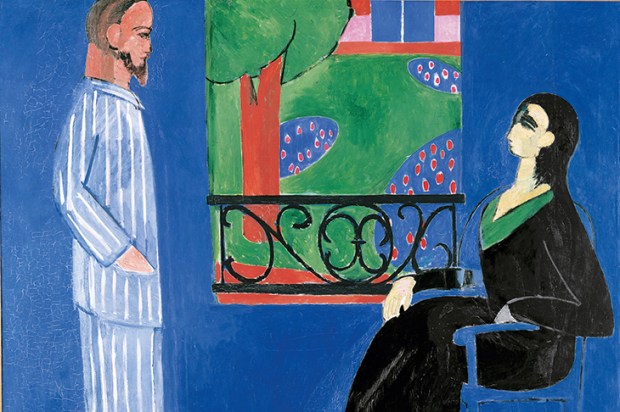Coming 12 years after his acclaimed debut, Londonstani, Gautam Malkani’s second novel Distortion features a vivid argot, complicating and defamiliarising everyday terms and activities.
In its pages, young people do things in exciting new ways, for example going down stairs: ‘It’s the most longed-out staircase you ever saw. Steps so far apart you gotta keep checking your stride.’ Old-dude technology requires explanation: ‘Deskphone’s got some caller-display screen but it only does its thing if they dial you direct.’ Actually, everything requires explanation, nearly always called ‘mansplaining’, the narrator Dillon/Dhilan/Dylan missing the point that it’s what men do to women they assume are stupid.
Why the three names? I’ll get back to that. It’s not as if Malkani’s in a hurry to tell us. Neologisms abound. Tears are ‘eye saliva’. Imagining something is ‘mentally photoshopping’. Silence is ‘total mute button’. Sleep equals ‘set to sleep mode’. Extend: ‘long out’. To increase? ‘Signal boost’.
All of these ingenious formulae are, you’ll note, longer than the phrases they replace. Like I say, Malkani’s in no hurry.
The teenage narrator is Dhilan to his mum, Dillon to his girlfriend Ramona, and Dylan to his estranged father. He has three phones, sorry ‘fones’, three online identities and three different personae. His mother is slowly dying of cancer, and Dhilan has been caring for her for years. There are, the publishers note, an estimated 700,000 young carers in the UK and this ‘tells the story of one of them’. Which is a bit like recommending Moby-Dick to anyone planning to work on a cruise ship.
Though ‘mummy’ remains a somewhat vague figure, there are some very touching moments between the pair. But wait: bolted to this edifice is Sigmund Freud’s favourite complex, so any mother-and-son tenderness merely serves to reference the incestuous love between Oedipus and Jocasta. In addition, Dhilan/Dillon/Dylan despises his father and is a foot-fetishist, much given to salivating — should that be ‘mouth-weeping’? — over Ramona’s ‘toe-cleavage’. You’ll recall that Oedipus means ‘swollen foot’. Do you geddit?
Our split-screen narrator is at college when two old guys start goading him about masturbation. Burp your worm, they say. Choke the chicken. Squirt out a cupful of boy milk. Sauté your sausage. And so on. They do have a plot function (although one of them disappears for no good reason) and it concerns D’s journalist dad, though that will take hundreds of pages to unravel.
Interesting and thought-provoking analogies between the role of fate and prophecy in the Greek myth, and search engines’ predictions about our lives, likes and desires, form the core of the narrative, but it requires a lot of bandwidth to get there.
Got something to add? Join the discussion and comment below.
Get 10 issues for just $10
Subscribe to The Spectator Australia today for the next 10 magazine issues, plus full online access, for just $10.
You might disagree with half of it, but you’ll enjoy reading all of it. Try your first month for free, then just $2 a week for the remainder of your first year.














Comments
Don't miss out
Join the conversation with other Spectator Australia readers. Subscribe to leave a comment.
SUBSCRIBEAlready a subscriber? Log in